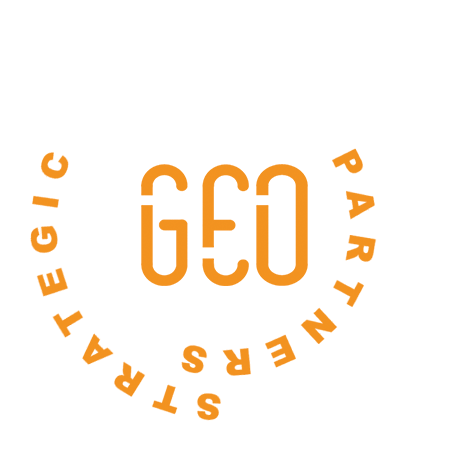Dig deep and you’ll find a heavy price being paid in Africa for your iPhone
- GEO Strategic Partners
- Jun 29, 2020
- 4 min read

NORTH London dinner party types love to talk shop about their newest electric car, mobile phone or swanky laptop purchase, but the fight for the raw materials used to build them has led to bloodshed on the ground in Africa, writes Mark Shapland for the London Evening Standard.
Teslas, iPhones and laptops are made from metals such as cobalt, tantalum and tin, mined in countries like the Democratic Republic of Congo (DRC).
Prices for these metals have shot up in recent years amid people’s insatiable appetite for tech products, with cobalt hitting record highs of $92,500 per pound last year. That came as demand spiked for it to be used in batteries used in electric cars such as those made by Tesla, the firm founded by Elon Musk.
Prices have become so high that mining hotspots across Africa have seen a surge in illegal miners, known as artisanal diggers or creuseurs (French for diggers) in the DRC, who break into sites and fill their sacks with cobalt.
Working in underground tunnels using chisels and mallets to pick at the ore, the miners use Chinese or Lebanese middlemen to sell on their goods.
As much as 20 percent of the global supply of cobalt is produced in this way, while 26 percent of the world’s tantalum production and 25 percent of tin production are also sourced via artisanal mining, which also makes up a large proportion of gold mining in the DRC.
In impoverished countries, the rewards on offer for this type of work can be highly lucrative but the ugly side is dangerous overcrowding of sites, leading to tensions with local law enforcement authorities and questions over whether multinationals are doing enough to tackle the problem.
The human toll of the dangers became apparent in June when 43 illegal workers died in a copper mine owned by mining giant Glencore in the DRC after two ledges overlooking an open excavation pit collapsed at the Katanga site due to overcrowding.
Glencore blamed the incident on a growing number of trespassers. It estimates that on average 2,000 illegal miners gather each day on the site.
An industry source said: ‘Miners jump over fences. This is a huge site and they come from all over the Congo to Katanga. There’s a very real human cost just so that people in the West can have the latest gimmick.’
Similar problems have afflicted Acacia Mining’s North Mara gold concession in Tanzania, where tensions between police and miners led to the deaths of dozens of intruders.
After the Katanga incident, the Congolese army entered the area to remove trespassers — Glencore said it had not invited the troops in and urged the army to exercise restraint — but many say such strong-arm tactics do not tackle the underlying problem.
Experienced South African mining executive Anthony Viljoen said there is little point in using force on the artisanal miners and said it shows that these companies and governments have lost control on the ground.
‘So much of mining is getting to know the local community,’ he said. ‘It involves speaking with the local chiefs so that everyone can come to a compromise. It involves organising concessions for artisanal miners at sites and building schools and hospitals. Once a miner loses the local community it is in deep trouble.’
Still, many companies have decided to employ private security firms. Firms like London-listed G4S look after security, while smaller private firms such as Salama Fikira operate across the African continent — but their services are not cheap.
Analysts say investors in London-listed miners are only now waking up to the huge cost involved in combating artisanal workers.
Others such as Amnesty International have said multinationals like Apple, Dell, Vodafone and Samsung should do more to ensure their supplies are clean. Amnesty has studied the supply chain in DRC in detail and exposed companies like Shanghai-based Congo DongFang International Mining (CDM), which buys cobalt directly from artisanal miners there.
CDM is 100 percent-owned by Zhejiang Huayou Cobalt Company, which smelts the ore before selling it to well-known consumer brands.
Amnesty has also accused it of using child labour.
Zhejiang Huayou Cobal said it continues to investigate the allegations. Meanwhile, two years ago iPhone maker Apple said it had instructed smelters to stop buying cobalt from artisanal miners.
Amnesty believes the problem can be solved, adding that it will also require a political solution.
In the Eighties cobalt mining in the DRC was overseen by state company Generale des Carrieres et des Mines which employed 34,000 people and ran farms, hospitals and schools.
But as the regime of President Mobutu Sese Seko collapsed so did the company. The years of war which followed forced people into illegal mining to survive and make a living.
Industry insiders also say it is up to the consumer to wake up and be aware about the supply chain, and to shun companies and products that use such workers.
So next time a ‘woke’ dinner party guest espouses how wonderful their latest electronic gadget is, ask them if they know how it was made.
